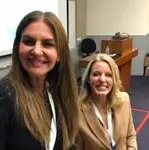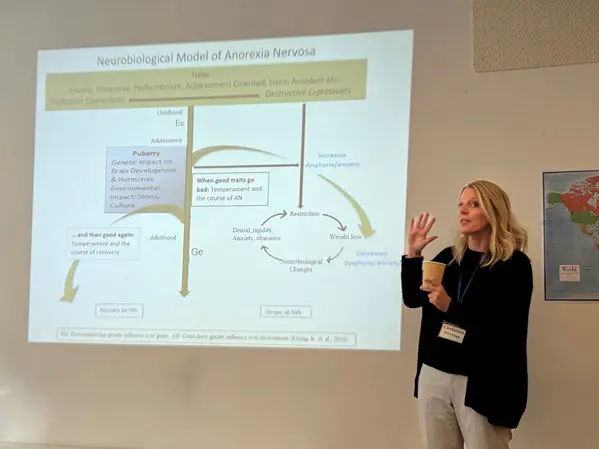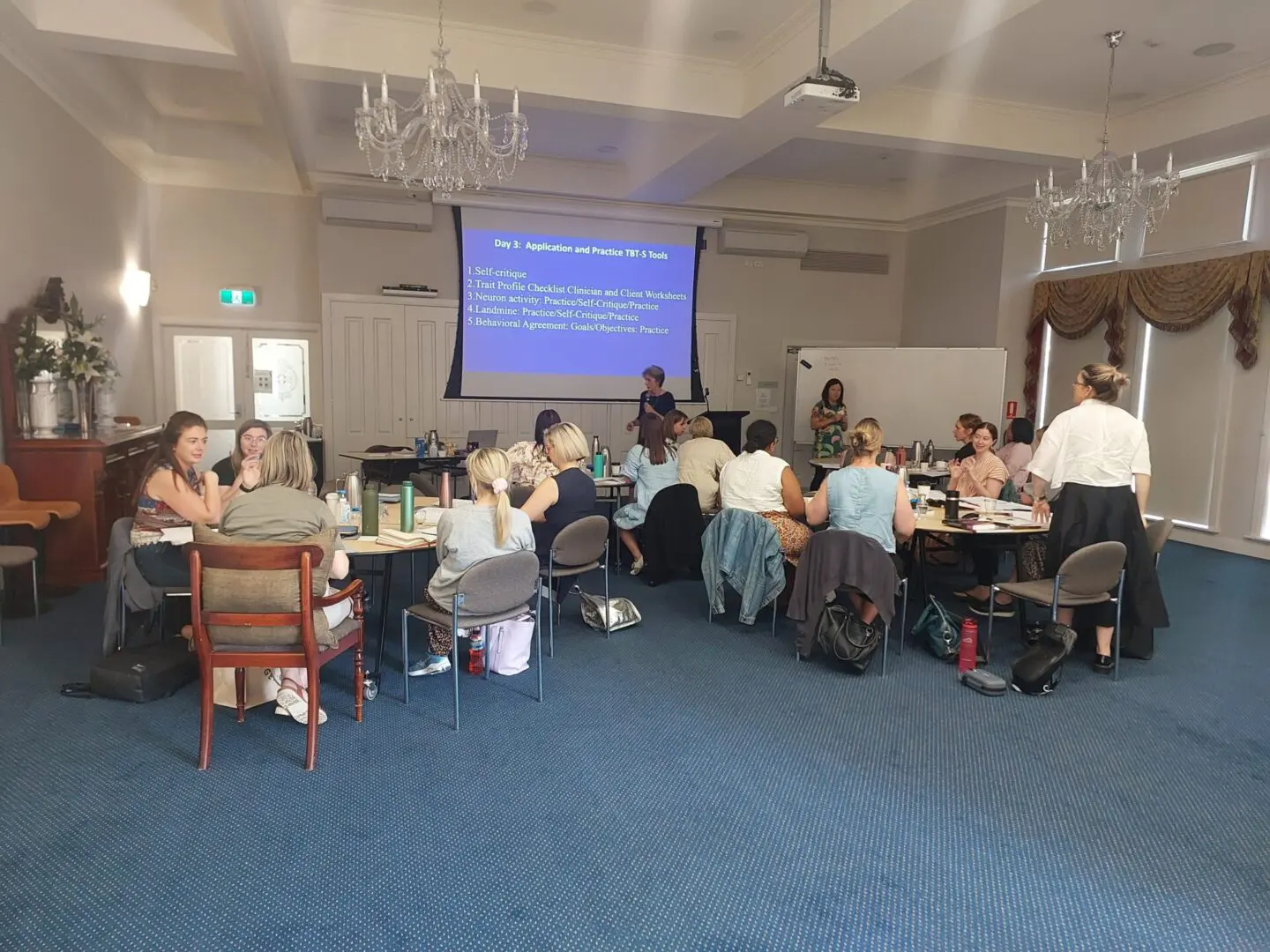Training Reviews
I cannot imagine providing psychological services for Eating Disorders without integrating the meaningful metaphorical interventions from TBT-S! From psychoeducation to experiential learning for patients and families, new staff, and PhD residents, the blend of fMRI research with clinical interventions helps organize the brain of any learner. TBT-S is a game-changer! (Psychologist, Canada)
As a family and couple therapist with years of experience in eating disorder treatment, TBT-S offered a neuroscience-informed framework that deepened my understanding of the clients I work with. It reframes the eating disorder as a temperament-based survival strategy—and reminds us that support is not a bonus; it's the foundation. (Therapist, New Zealand)
"Experiential work is crucial for ED treatment; we learn and grow through experience. Families and individuals benefit greatly from this work in group or individual settings. It has influenced my practice greatly." (Therapist, Mexico)



